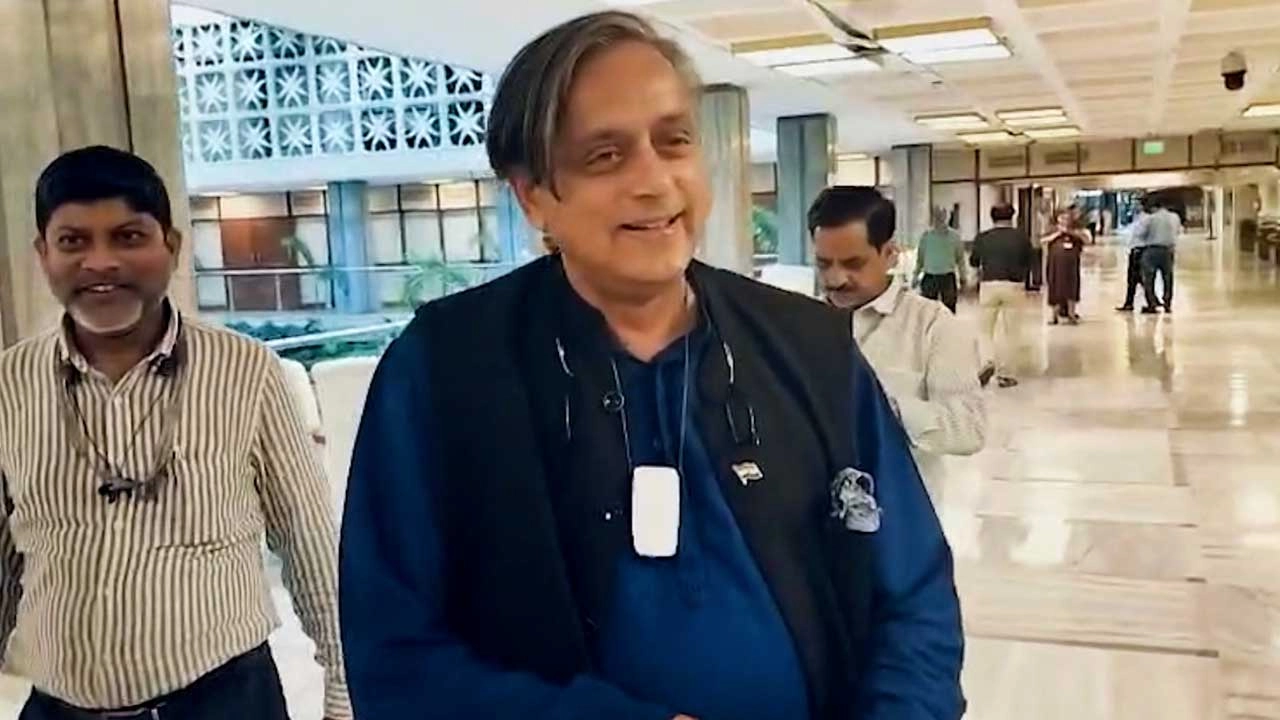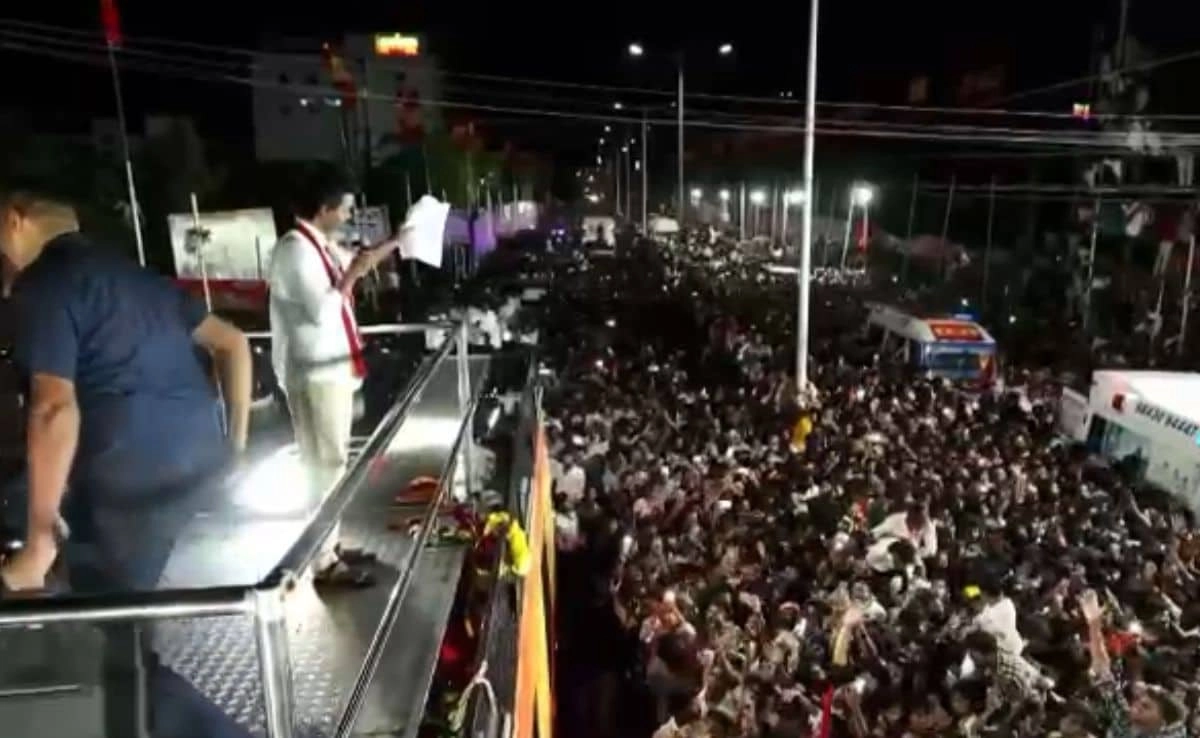The recent debate surrounding Operation Sindoor has reignited discussions within the Indian National Congress, particularly due to the remarks made by prominent party member Shashi Tharoor. Tharoor’s comments have sparked significant controversy, as they not only challenge the party’s stance but also expose underlying tensions within its ranks. His decision to voice dissent on such a sensitive issue has raised eyebrows among party loyalists and critics alike, highlighting the complexities of internal dynamics in Congress.
Operation Sindoor, which pertains to a covert military operation, has been a subject of much speculation and debate. Tharoor’s critique of the party’s position is seen as a bold move, suggesting a potential rift between traditional party ideologies and the evolving perspectives of its younger leaders. This divergence is emblematic of the broader shifts happening within the Congress party as it grapples with its identity and direction in the face of mounting political challenges. Tharoor’s willingness to publicly address these issues may reflect a growing frustration among some party members who feel constrained by the party’s historical narratives.
The implications of Tharoor’s comments extend beyond immediate party politics; they signal a potential evolution in how the Congress engages with national security matters and military operations. By questioning the party’s approach, Tharoor could be advocating for a more nuanced and transparent discussion about such operations. This could resonate with a younger electorate that increasingly demands accountability from political leaders. As the Congress party navigates its internal disagreements, the need for a cohesive strategy that aligns with both traditional values and contemporary expectations becomes increasingly vital.
Tharoor’s actions also shine a light on the broader context of political discourse in India, where debates around national security often become polarized. His snubbing of the Congress narrative may encourage other leaders within the party to voice their opinions more freely, potentially leading to a more vibrant and dynamic political environment. However, this also raises questions about party unity and the risks of factionalism, which could undermine collective efforts to present a united front against opposition parties. Ultimately, the outcome of this internal debate could significantly influence Congress’s future trajectory and its ability to connect with voters in a rapidly changing political landscape.




